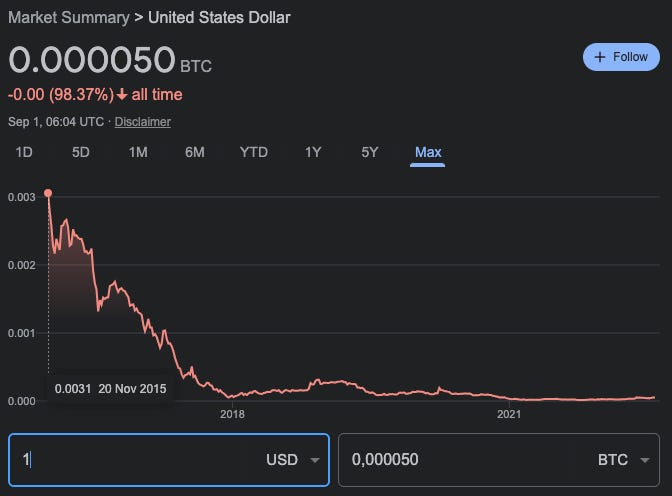Charlie Munger: "Inflation Is How Democracies Die"
Where Charlie Munger is starting to invest
When a person like Charlie Munger makes such a categorical statement that we are facing one of the most terrible crises we have ever experienced, we have a serious problem with our future.
If, in addition to Charlie making this statement, it is Naval who shares it publicly, the situation intensifies.
This is precisely what happened this Wednesday when Naval shared an interview of Charlie Munger where he talks about the similarities and differences of our current situation with the Volcker era of the 70s. The clearest example he gives is the Volcker era.
The clearest example he gives is that of Kodak. When a company like Kodak has other competitors in the market, as in the case of cell phones and digital photography, the evolution tends towards one side. The death of Kodak. It is a terrible fate but, at the same time, a smart one because it enables the process.
The same happens when taking credit to pay your debts is easy, even more so when this credit is at 0% interest. And this is only solved by buying more debt. This is what central banks do internally. And, of course, this process has some very serious problems in the long run.
And this has happened again and again in the course of history. As far back as Germany during the Weimar Republic. In that period of history, the price of coffee increased as you drank it.
Maybe the following chart will explode in your head. But the USD has lost 99.99% of its value to Bitcoin in the last ten years, just as it happened with gold in 1923, during the hyperinflation experienced in Germany.
Obviously, this graph is more than four years old. But the idea is to think about how much purchasing power the dollar has lost against BTC, and even if we think that this value cannot decrease, it could be infinitely worse.
Now is when Peter Schiff will come out and say that it is still a bubble. Allow us to doubt which is a bubble, if, Bitcoin or the dollar.
At this moment, the golden question comes to Charlie, a man with more than $1,000M in the checking account: "Do you have a sensible idea where you would put your money?".



